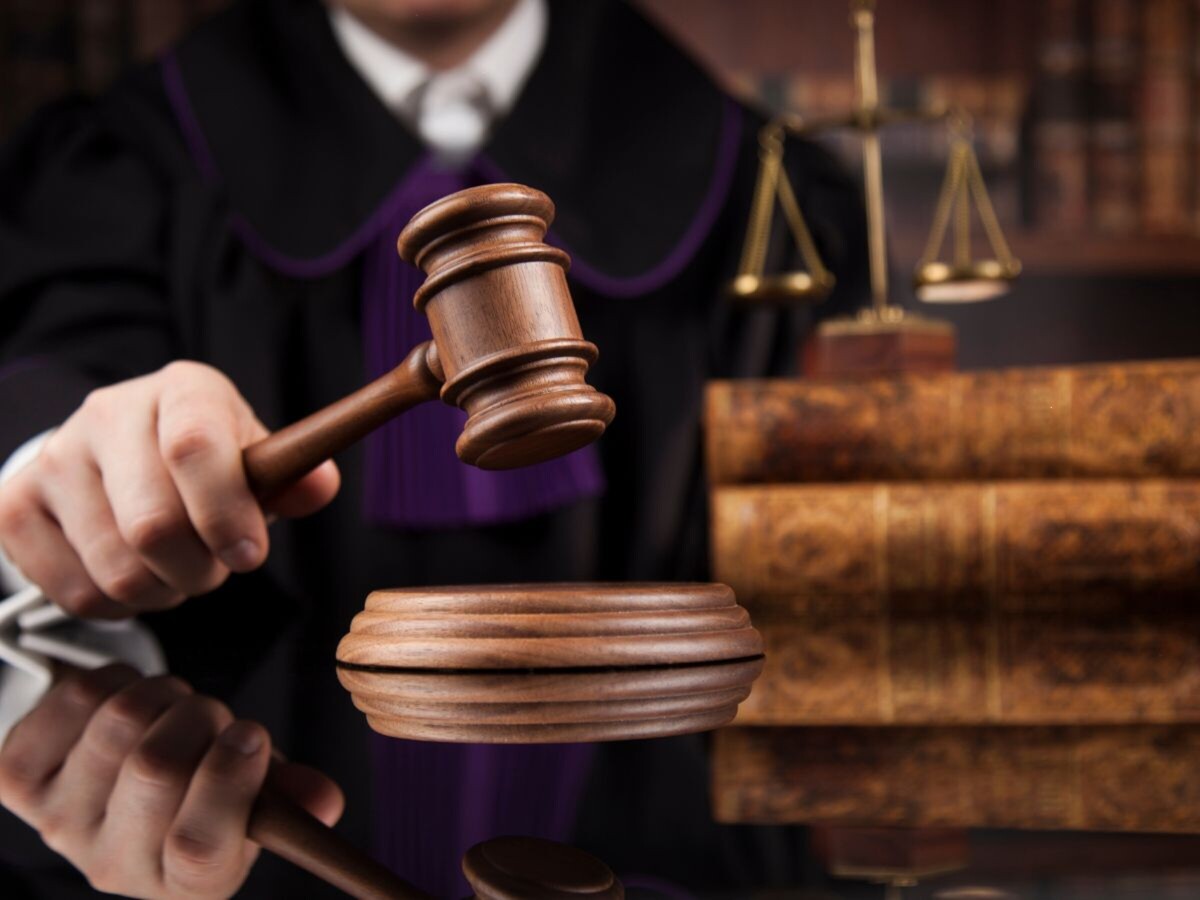NJ Judge Permanently Removed from Judicial Office
Former Municipal Court Judge Faces Permanent Removal Following Allegations of Unethical Conduct
NEW JERSEY - In a significant ruling, the New Jersey Supreme Court has permanently removed Lewis J. Korngut from his position as a Municipal Court Judge. The decision, finalized on July 24, 2024, follows an extensive investigation by the Advisory Committee on Judicial Conduct (ACJC) into numerous allegations of unethical behavior. Korngut, who served as a part-time judge in Lawrence Township and North Hanover Township, faced serious charges including ex parte communications, inappropriate fraternization with law enforcement officers, and the use of profanity in court settings.
Background and Allegations
The formal complaint against Judge Korngut, filed on September 18, 2023, outlined multiple instances of misconduct. Korngut, admitted to the practice of law in 1986 and appointed as a Municipal Court Judge in Lawrence Township in 2017 and in North Hanover Township in 2020, was accused of compromising the impartiality and integrity of his judicial office.
Count I: Ex Parte Communications and Case Mismanagement
One of the primary allegations involved Korngut engaging in ex parte conversations with law enforcement officers and prosecutors. Notably, in the case of State v. Duke Duguay, Korngut was accused of discussing the defendant's blood alcohol content and case facts with the arresting officer without the presence of defense counsel. Similar behavior was reported in other cases, including State v. Andre A. Hunt and State v. Tyrone Thomas, where Korngut allegedly discussed case details and potential resolutions outside the presence of the defendants' attorneys. This conduct was deemed a violation of Canon 3, Rule 3.8 of the Code of Judicial Conduct, which prohibits ex parte communications.
Count II: Improper Relations with Law Enforcement and Court Participants
The amended complaint also detailed Korngut's inappropriate social interactions with law enforcement officers. He was seen conversing with officers outside the courtroom, attended social events such as "National Night Out" and a retirement party for a police chief, and even provided sporting event tickets to a code enforcement officer who appeared regularly before him in court. These actions raised concerns about his impartiality and created an appearance of bias, violating Canon 5, Rule 5.1(B)(2) and Canon 3, Rule 3.17(A) and (B).
Count III: Use of Profanity and Lack of Decorum
Additionally, Korngut was reported to have used profanity in the presence of court staff and others. Instances included expressing frustration with court equipment using inappropriate language, such as threatening to throw his computer out the window and making other expletive-laden remarks. While these comments were not directed at court participants, they were considered unprofessional and contrary to the expected decorum of judicial conduct, violating Canon 3, Rules 3.4 and 3.5.
Korngut's Response and Acknowledgment
In his verified answer to the formal complaint, Korngut admitted to some of the allegations but disputed others. He acknowledged discussing procedural matters but denied engaging in substantive ex parte communications. Regarding his social interactions, he conceded attending social events but argued they were part of his community involvement and did not affect his judicial duties. Korngut also admitted to using profanity but claimed it was limited to expressions of frustration with inanimate objects, not directed at individuals.
Despite his defenses, Korngut ultimately submitted an affidavit of consent to permanent removal from judicial office. In this affidavit, he acknowledged the truth of the allegations and the indefensibility of his conduct. He expressed remorse for his actions and conceded that his behavior violated several Canons of the Code of Judicial Conduct, including the obligation to uphold high standards of integrity and impartiality.
Supreme Court's Decision and Consequences
The New Jersey Supreme Court accepted Korngut's consent to removal, noting that his conduct undermined public confidence in the judiciary's integrity and impartiality. The court's order, filed on July 24, 2024, not only removed him from office but also permanently barred him from holding any judicial office in the future. This decision underscores the judiciary's commitment to maintaining ethical standards and ensuring that judges adhere to the highest levels of professionalism and impartiality.
In summary, the case of Lewis J. Korngut serves as a cautionary tale about the importance of judicial ethics. The ACJC's thorough investigation and the Supreme Court's decisive action reflect a rigorous enforcement of standards designed to preserve the judiciary's integrity and the public's trust.















